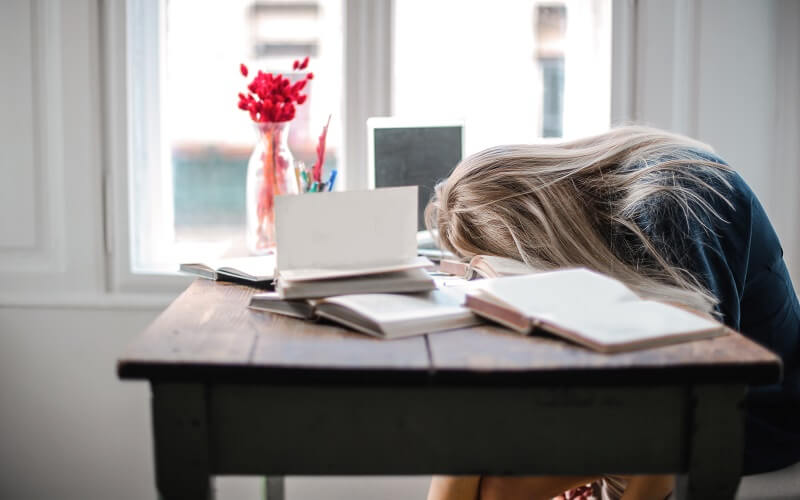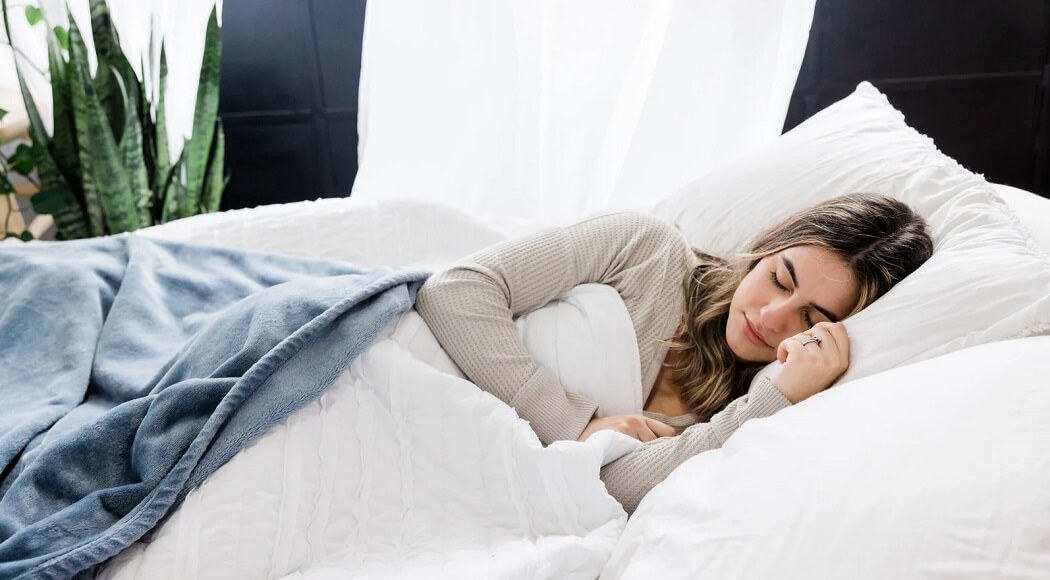Not only does getting a good night’s sleep feel wonderful, but it also helps your general health and mental function. For their best health, individuals typically require more than 7 hours of sleep each night. In addition to being important for physical health, sleep is also important for mental wellness. However, as internet use has increased recently, both the quantity and quality of sleep have suffered.
Have you ever wondered how to sleep 8 hours in 4 hours? We recognize that not everyone can get the suggested 8 hours of sleep per night. By following the instructions, you will learn the solution.
Is 4 Hours Of Sleep Enough?
No matter how well they sleep, most people require more than 4 hours of sleep per night to feel rested and alert.
Although it’s a prevalent misconception, there is no proof that the body can adapt to sleep deprivation on a functional level.
Additionally, individuals who regularly engage in physical activity frequently require more time than the minimum advised hours to allow their bodies to recover from the added physical stress.
How to Sleep 8 Hours in 3 Hours or 4hrs?
You might be interested in learning how to sleep for eight hours in four hours or getting the advantages of a full night’s sleep in only half the time. It can result in sleep deprivation, but by improving the quality of your sleep, you can lessen the negative impacts of not receiving enough rest.

The Following Practices Will Help You Learn How To Need Less Sleep:
A Quality Mattress
A comfortable sleeping temperature in your bedroom is one that is neither too hot nor too cold. A good range, according to experts, is between 64 and 72 degrees Fahrenheit. You should also consider your home’s environment, your clothes, and how warm your mattress sleeps.
Actually, your mattress plays a significant role in getting 8 hours of sleep in 4 hours. It will be very challenging to have a good night’s sleep any night if you don’t have a mattress that is acceptable, pleasant, and welcoming. Anyone who sleeps on their side should have a soft mattress that cradles their body’s curves. On the other hand, back and stomach sleepers would benefit more from a firm mattress that prevents their spine and bodies from collapsing into the bed.
Read Also: How To Choose A Mattress
Take Care of Your Body and Mind
Get A Little Exercise
Light exercise can increase blood flow to the brain and momentarily increase your level of alertness. But endurance training could leave you feeling even more exhausted.
Your body and mind will become more relaxed during meditation, which may result in less time spent sleeping. It can establish a practical nighttime sleep regimen.
Start A Book
Did you know that reading a book is one of the finest ways to unwind and unwind from stress? According to research, reading for just 6 minutes a day can significantly lower stress levels by 68%.
To be able to close your eyes and leave the book aside as soon as you start to feel truly drowsy, try reading a book in bed.
Bathe Before Going To Bed
Having a hot bath before bed can assist enhance blood flow and encourage healing for those of you with sore muscles from a long day.
One Hour Before Going To Bed, Avoid Using Screens
Screen time is too much, and it’s bad for your health as well as your eyes. Short-wavelength blue light, which is emitted by phones and TVs, disrupts the release of melatonin, the primary hormone that controls your sleep-wake cycle. It interferes with your sleep-wake cycle as a result.

Get Cozy In A Quiet, Dark Environment
In keeping with the notion that light affects your circadian rhythm, you should ensure that your bedroom is completely dark before going to bed. One of the signs that tells your body it’s time to go into sleep mode is melatonin, which light reduces the quantity of in your body. Therefore, if you want to get four hours of restful sleep, total darkness is best.
Prefer Light, Healthy Meals Before Bed
Even the internal organs like the kidneys, liver, and intestines require rest. Giving your body a rest when you sleep allows it to recharge and be ready for the next day. Overeating, however, will put a strain on your digestive system.
Cheese and crackers make the ideal snack right before bed because they are high in tryptophan, a protein that is necessary for the production of serotonin, the brain chemical that promotes feelings of happiness and calm.
Before night, sip chamomile tea to promote restful sleep. Because of its calming qualities, chamomile tea is a great nighttime beverage.
Avoid Caffeine Before Bed
Caffeinated beverages like tea and coffee should be avoided right before bedtime. Avoid drinking tea or coffee before bed to help you fall asleep more quickly.
Abstain From Alcohol And Drinks
If you drink before bed, your body will undoubtedly fall asleep, but your mind will stay awake and keep you from having a good night’s sleep the next day.
Establish A Good Bedtime Routine
Your body will have problems doing tasks, and your brain will become confused, if you go to bed at various times every night. It’s also crucial to have a solid bedtime routine. Since getting enough sleep is one of the most important daily chores, a proper nighttime routine is required.
Practice Different Sleep Cycles
Try alternative sleep cycles, such as the biphasic, everyman, or uberman, if the previous advice doesn’t help you.
The uberman cycle divides sleep into 6 to 8 cycles that each last for 20 minutes. On this cycle, a person sleeps for a total of two hours.
The everyman cycle consists of a 3.5-hour sleep period followed by three 20-minute naps. There is a sleep time of roughly 4.5 hours every day.
The biphasic sleep cycle involves sleeping for five to six hours straight at night, followed by a midday nap.

The Negative Implications
Numerous individuals struggle to get four hours of sleep each night, usually because of job, or health issues.
Even if it might not seem possible, it’s crucial that a person gets as near to the required amount of sleep at night as they can. Serious negative side effects from routinely getting 4 hours of sleep include:
- A Shift in Attitude
- Irritability
- Loss of Appetite
- Drowsiness
- Trouble Focusing
- Inadequate Judgment
- Deterioration of Mental Capacity
- A lowered Immunological Response
- Recurring Sickness
If you continue to function without getting enough sleep, you could develop serious and long-lasting health issues. The most serious health issues brought on by long-term sleep deprivation are heart failure, heart attack, diabetes, high blood pressure, or stroke. Obesity, depression, immune system decline, and decreased sex drive all contribute to other health issues.
FAQs
Can you survive on 4 hours of sleep?
Yes, you can. It will have side effects like anxiety, depression, diabetes, etc. If followed for a prolonged period of time.
Does laying down count as sleep?
Although it cannot be regarded as sleeping, lying down does help your muscles and other organs relax.
How can I fall asleep in 10 seconds?
Relax your thighs, calves, and legs. Imagine a peaceful scene for 10 seconds to relax your mind.
Is closing eyes same as sleeping?
Although it is an excellent way to unwind your body and refresh your eyes before they need to take on new duties, resting your eyes should never be used as a substitute for sleep.
Conclusion:
How can I sleep for eight hours in four hours? There is no such response because getting enough sleep is essential for good health. Numerous elements, including appropriate length, quality, and timing, must be taken into account in order to attain healthy sleep.
Sleeping for just four hours per night causes the brain to age by an additional eight years.
You may only need the advantage of getting eight hours of sleep each night as an adult. If you use the above advice, you’ll wake up feeling more energised and as if you slept for eight hours instead of just four hours of sleep.
